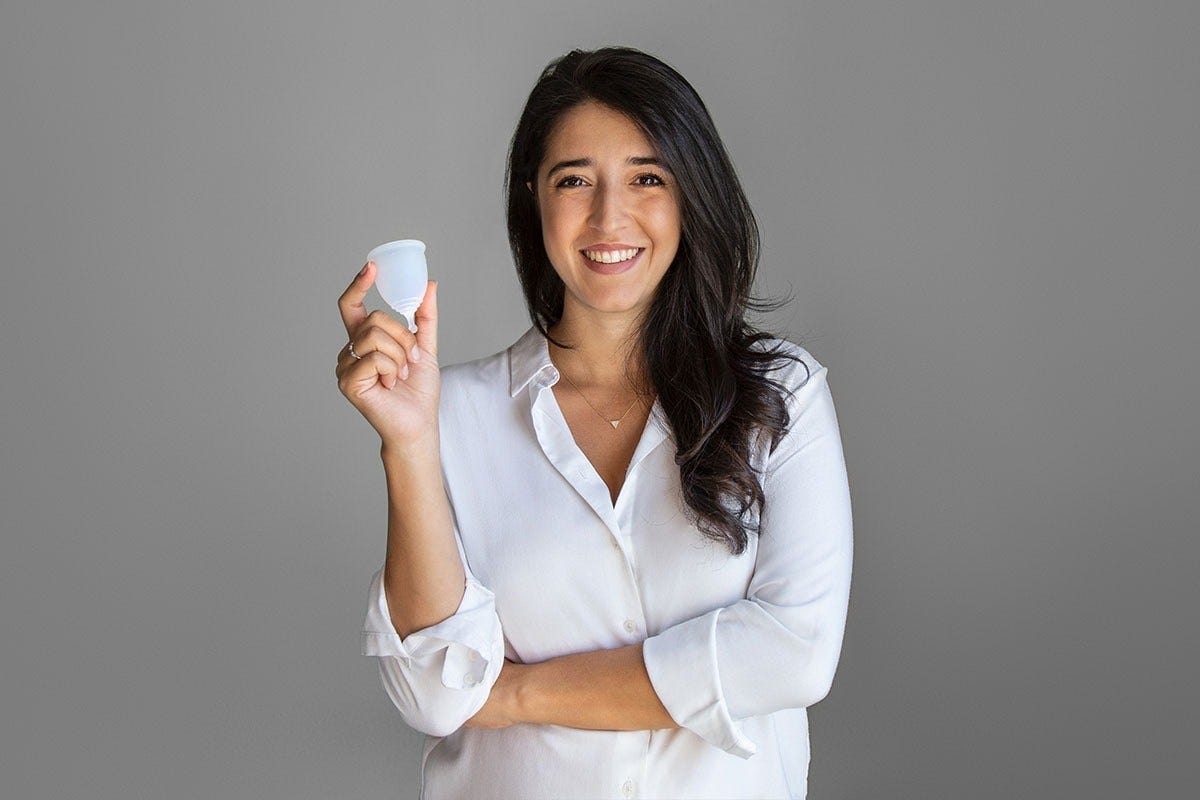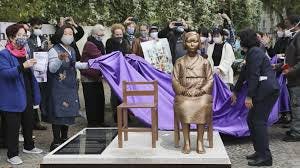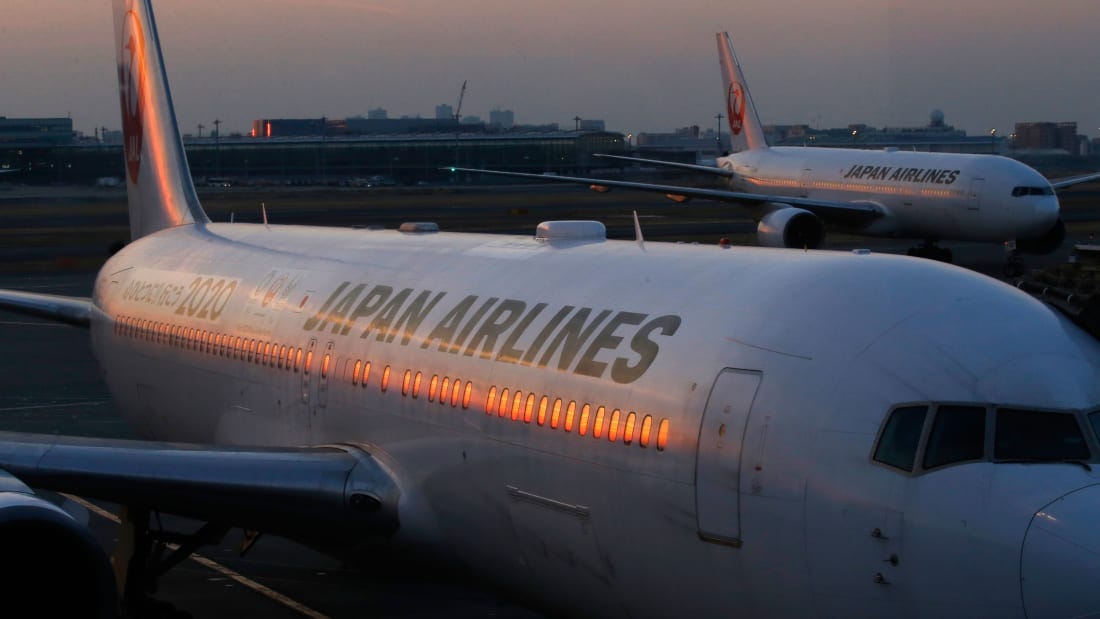Global Roundup: Names, menstrual cups, and the importance of "Hello, everyone."
Compiled and written by Inaara Merani

An online image from the #whereismyname campaign.
Many Afghan men consider it dishonorable and shameful to reveal the names of female relatives in public. As a result, Afghan women’s names are not recorded on their birth certificates, wedding invitations, prescriptions, death certificates or tombstones. In a historical move, the President of Afghanistan Ashraf Ghani signed an amendment for mothers’ names to be included in Afghan national IDs, enabling Afghan women to identify as their own person, rather than having to rely on their husbands or other male relatives. Activist Sonia Ahmadi recalls how she had her own identity as a child, but by the age of 10, her rights and her identity were stolen. Ahmadi, along with millions of others, are part of the #WhereIsMyName campaign, a movement which advocates for the rights and identities of Afghan women. Worldwide, Afghan women have revealed their names to fight against the patriarchal traditions which currently are still in place.
————————————-
Women in Bollywood are constantly scrutinized. Whether it is for their acting abilities or their sense of fashion, they can never catch a break. When Deepika Padukone was cast as Rani Padmavati in the 2018 blockbuster Padmavati, an official from India’s ruling BJP placed a bounty of 10 crore rupees ($1.5m) on Padukone’s head, millions of people sent her death threats, posted hateful comments because they felt that she was offending the historic queen. Fast forward two years and many Bollywood actresses are being criticized for alleged drug abuse conspiracy. And yet, the 2018 hit film Sanju was a sensation all over the world and if you ask anyone who has seen the movie, chances are they will tell you it was amazing and that Sanjay Dutt was powerful for coming forward about his history of drug abuse. Well, fuck that! How is it that women in Bollywood are held to such a high standard and, when rumours start to spread about *possible* drug abuse, they are the ones who face the backlash? But when a well-known actor such as Sanjay Dutt comes forward with his story, he is praised and viewed as a survivor of drug addiction?
———————————

Founder of the June Menstural Cup Hedi Rappard. Photo via Salty
Why do menstrual cups cost a fortune? Why do people who menstruate even pay for menstrual products? It is a process out of their control, yet they are faced with a major economic burden. Periods make us feel all sorts of things, and on top of that we have to pay to deal with the pain? Hell no!! Recognizing that most menstrual products are sold by companies which only want to profit, June offers safe, sustainable and affordable menstrual products. Hedi Rappard, founder of June, explained in an essay for Salty why she decided to sell the June cup at cost.
I realized that major brands like Tampax, Kotex and Always have an incentive to design their products with maximized profit in mind, rather than meeting actual needs of the menstruator,” Hedi Rappard, founder of June
During the COVID-19 pandemic, June is offering menstrual cups for only $6!! SIX DOLLARS! The average menstrual cup sells for around $39, so this is amazing!!! Companies selling menstrual products should stop focusing on profits and start focusing on comfort, affordability and sustainability for all users worldwide.
———————————————-
CW: sexual assault

A statue symbolizing the issue of so-called comfort women forced to work in Japanese wartime brothels is unveiled in Berlin on Sept. 28, 2020. (Kyodo)
A statue of a young girl was recently installed in Berlin, symbolizing the Korean women who were forced into sex slavery by the Japanese army. “Comfort stations” were established across Japanese military bases during and after World War II where women and girls were forced into these brothels. This is the first permanent comfort women statue in Germany, however a few countries have honoured these women with statues in their respective countries. South Korean activists say there may have been as many as 200,000 Korean victims, only a few of whom have ever told of the abuse they endured at the hands of Japanese forces. Since the early 1990s, nearly 250 women came forward to talk about their experiences. Only 20 of them survive.Since the early 1990s, nearly 250 women came forward to talk about their experiences. Only 20 of them survive.
——————————-

Photo via CNN
Gender neutral language is ESSENTIAL. We cannot continue to assume someone’s gender and use gendered language if we are unaware of their identity. On October 1, 2020, Japan Airlines (JAL) will officially start using gender neutral greetings. Traditionally, JAL has used “ladies and gentlemen” during all greeting services, however the company recognized that this language can be alienating and excluding to non-binary, gender fluid or any individuals who do not identify as male or female. JAL will now use words such as “everyone” or phrases such as “attention, all passengers” in order to foster an inclusive environment. JAL is the first Asian airline to adopt this practice.
——————————-
Inaara Merani (she/her) is a fourth-year undergraduate student at the University of Ottawa studying International Development and Globalization with a minor in Women’s Studies. She is a Muslim Canadian who is passionate about human rights, social justice and feminism. She is deeply interested in destroying the patriarchy and ensuring that all women have safe and equal access to all their rights. She hopes to pursue a career in law so she can fight for women’s rights! She also enjoys reading, travelling and spending time with her beautiful cat.




Thank you Inaara! I really appreciate the breadth of stories featured.
FANTASTIC eye-opening wonderful compilation of news and views!